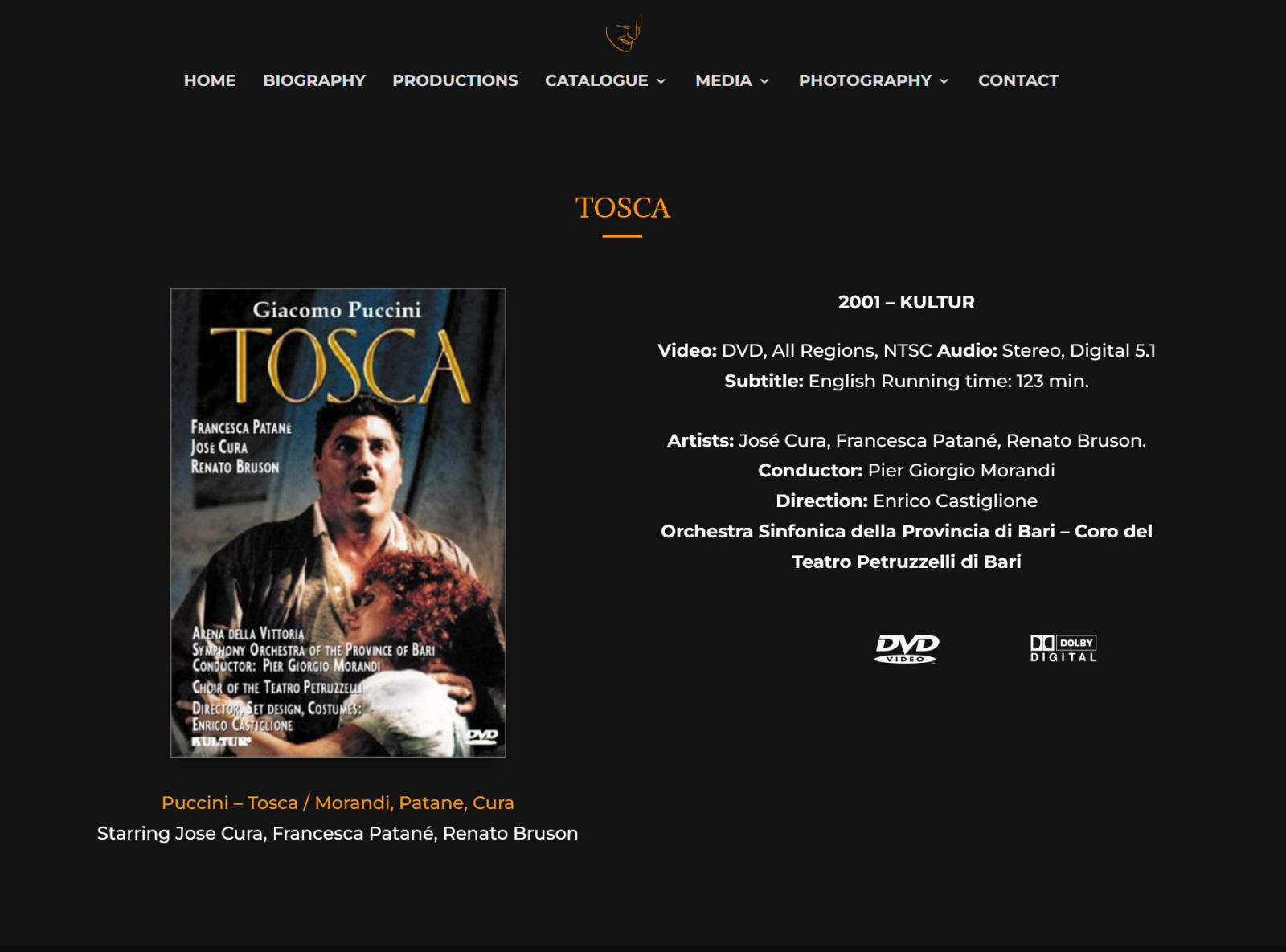
Bravo Cura
Celebrating José Cura--Singer, Conductor, Director
Recordings

|
|
|
|
José Cura's testosterone-fuelled, bizarrely baritonal tenor thunders into the arena, yet his interpretation of Cavaradossi is most successful in the moments of intimacy. Here, Cura's piano is vastly more beautiful than his forte. He sounds terribly under strain in his upper register throughout, and can consequently both wobble and veer from the centre of the note. Recondita armonia, coming at the start of the opera, finds the singer in particular difficulty, though there are glints of vocal beauty (notably the warm, shapely Tu azzurro hai l'occhio, enclosing a wonderful Italiante rolled R). By the end, Cura's efforts have paid off and one can admire both his vocal stamina and his convincing acting, even when his vocal struggle is to the detriment of the musical line. Music OMH
TOSCA is an operatic event for the ages. José Cura and his thundering performance [makes] for a vivid and moving experience. IndieFilmNet
This thoroughly conventional production from Bari could have been staged any time during the past 40 years. It is lifted above the ordinary, however, by the impassioned and exemplary singing of José Cura…. Opera Now
[Enter] José Cura, good-looking and neat, but his acting was pale; he seemed to wish he were somewhere else. That it was a classy voice was never in doubt, but his singing has often been quite idiosyncratic. He inserted little glottal stops – for expressive reasons – and he sounded worn. He delivered his Recondita armonia with some verve but it was not until Mario … Mario was heard off-stage that the temperature rose. Enter a temperamental redhead, charismatic with flashing eyes and a Callas-like timbre. Cura, though still benign, warmed to this Tosca and the close-ups of their caressing seemed more than just posturing. The second act of this “shabby little shocker”, as George Bernard Shaw soubriqueted the opera, became that spine-chilling thriller one hoped for. Against this backdrop the cruel proceedings unfolded mercilessly and rarely has a Cavaradossi been more ruthlessly tortured, bleeding copiously from severe wounds on his forehead and temples and the shirt torn to pieces. [In the third act] Cavaradossi’s E lucevan le stelle was deeply felt – maybe even too deeply; there was more than a hint of melodrama. Long applause – the audience seemed far away. O dolci mani was soft and loving and the whole final scene breathed resignation – at least on behalf of Cura. There was bad synchronization between sound and actual firing in the execution, but Cavaradossi died anyway. Certainly there are drawbacks here but some full-blooded singing from José Cura shows that at his best he is a stirring tenor in his unorthodox way. Music Web International |
Act I
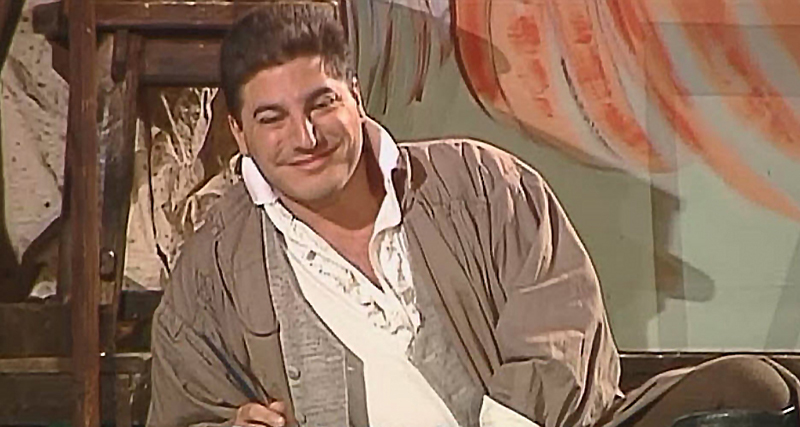
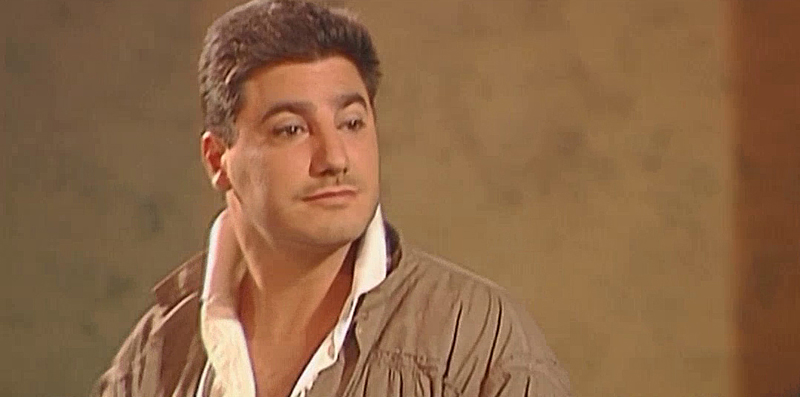
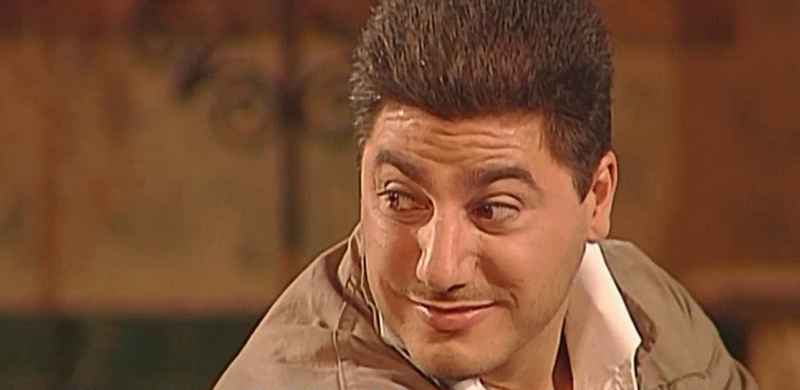
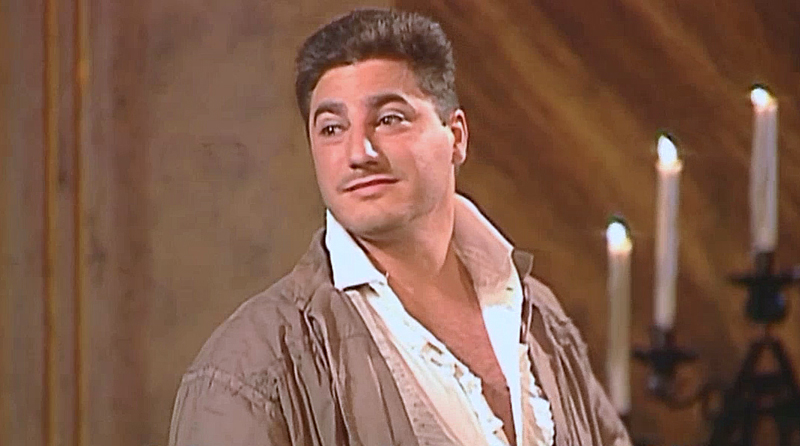
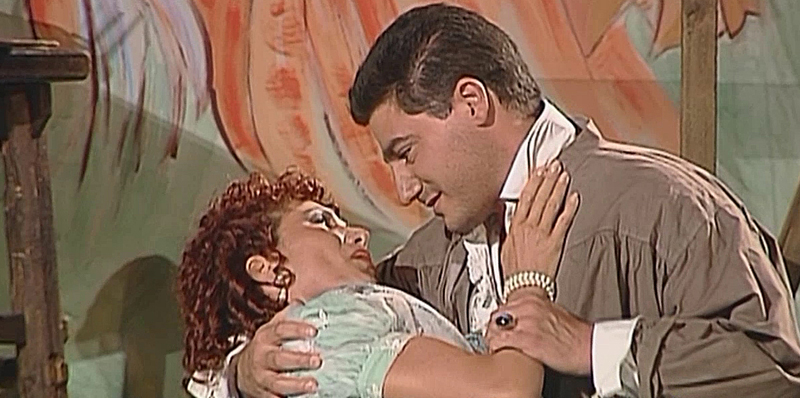
Act II
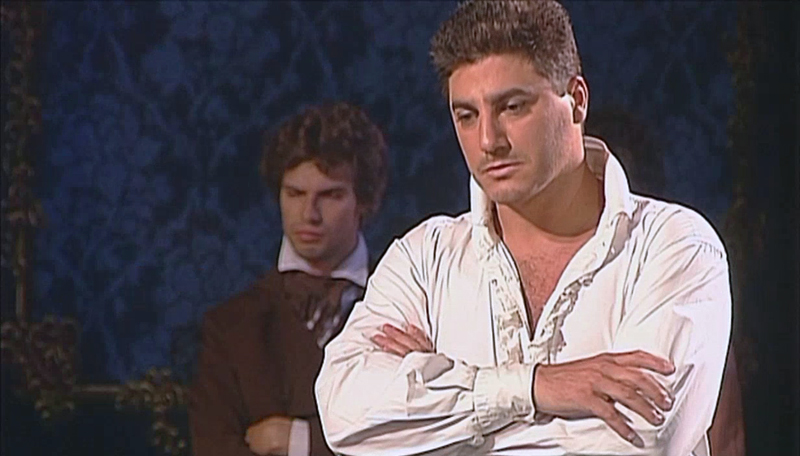
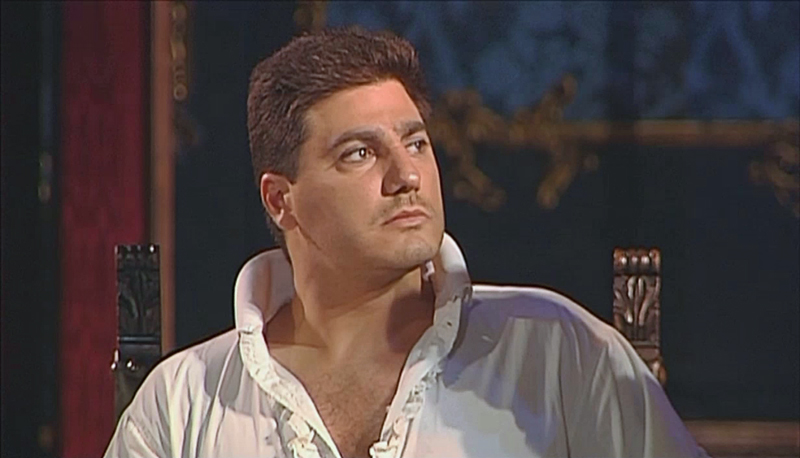
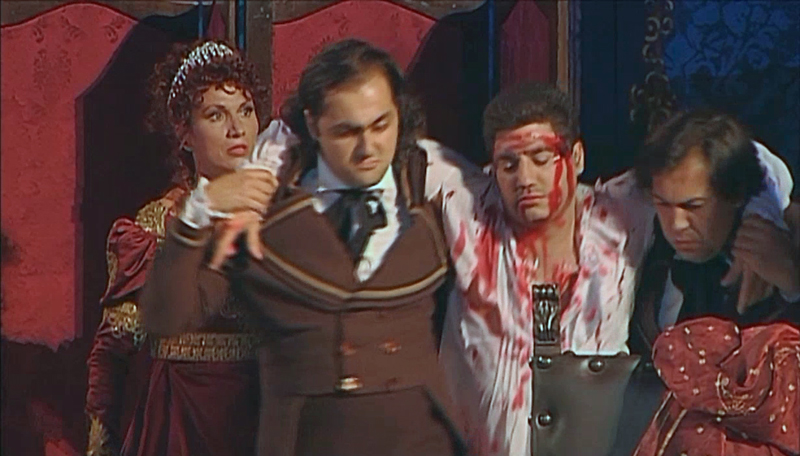
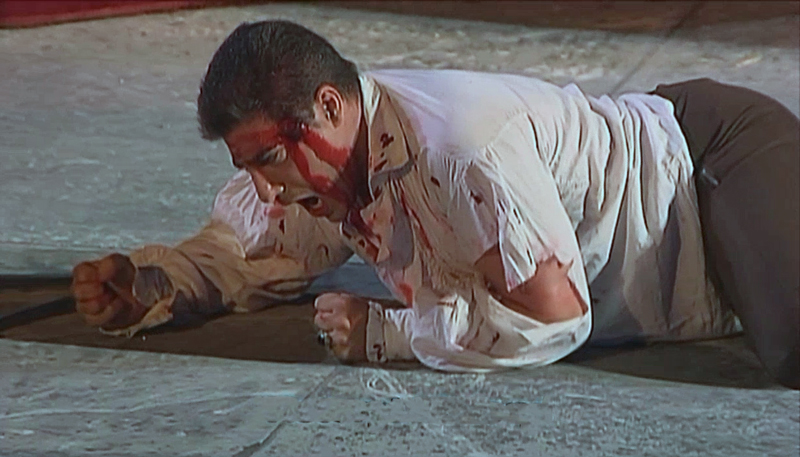
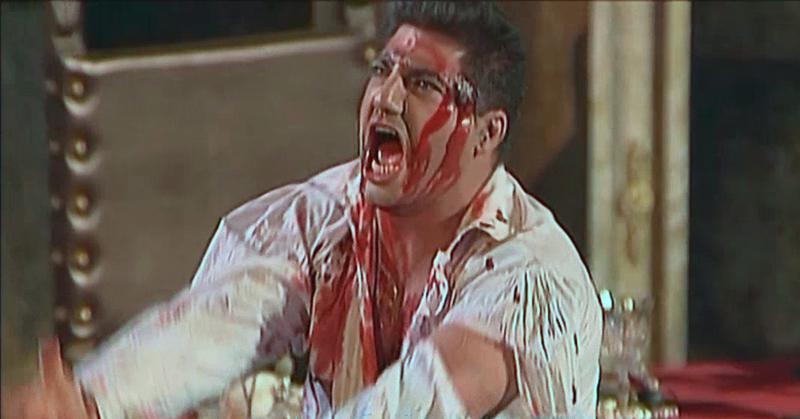
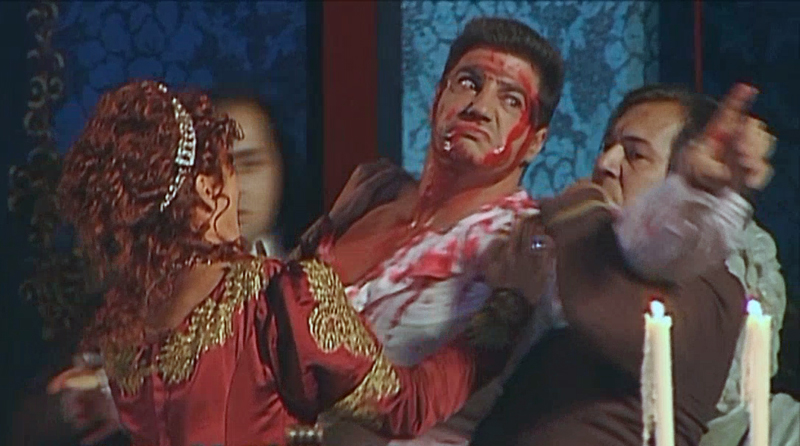
Act III
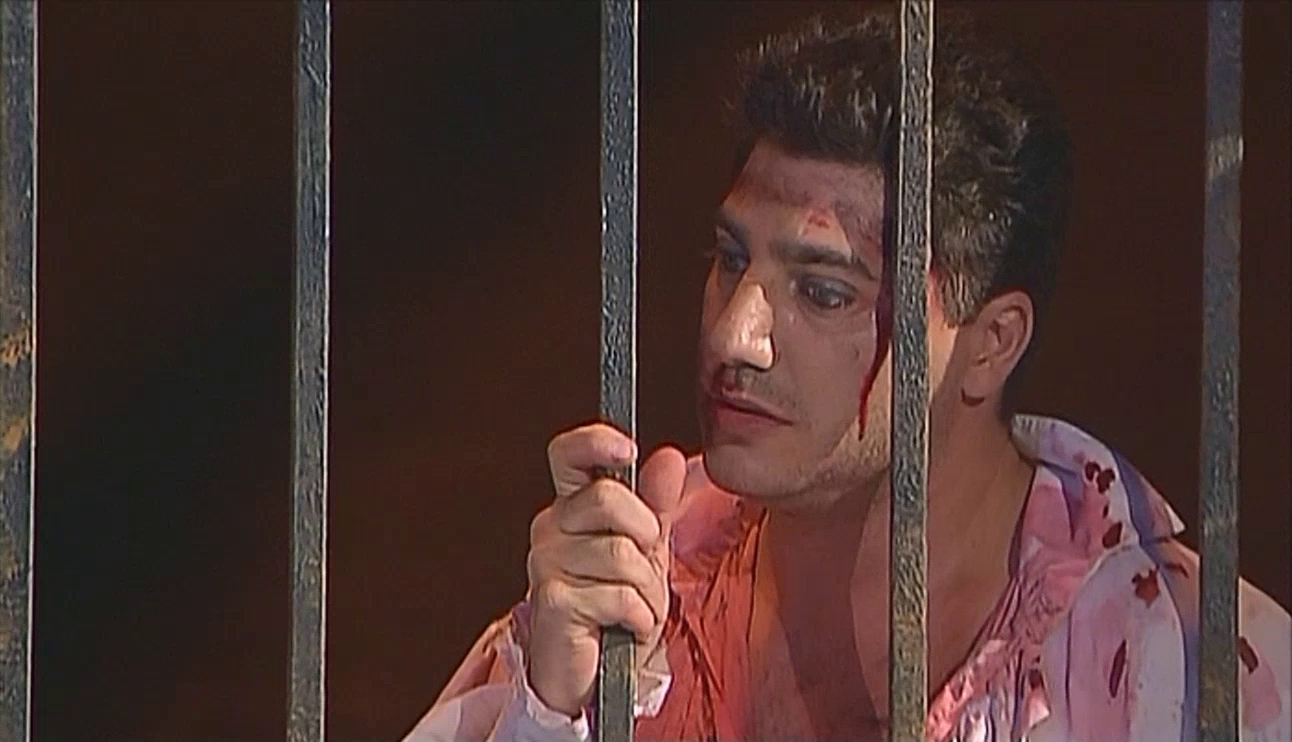
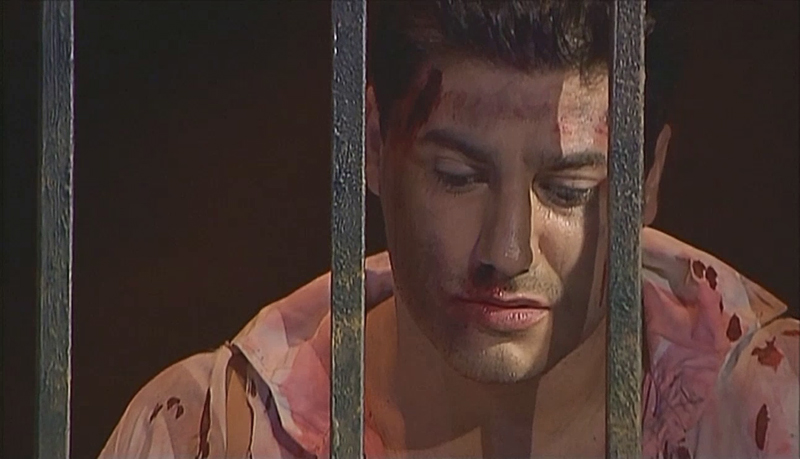
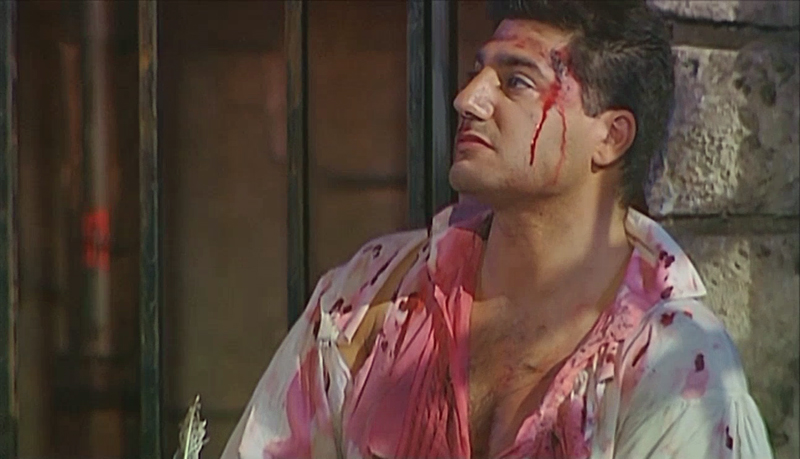
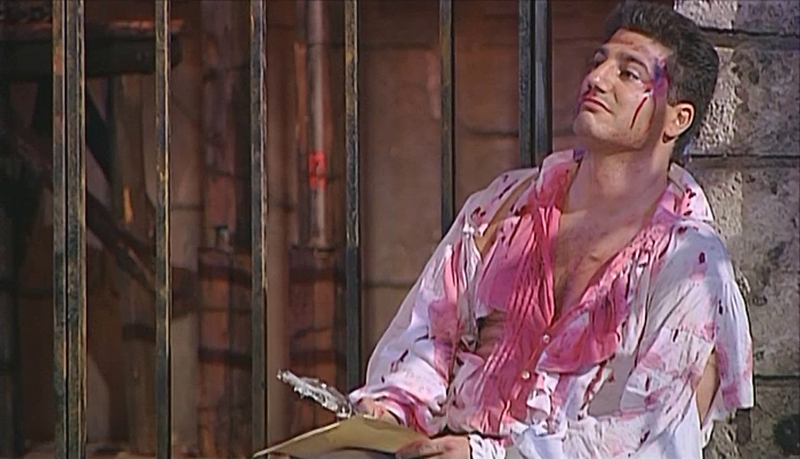
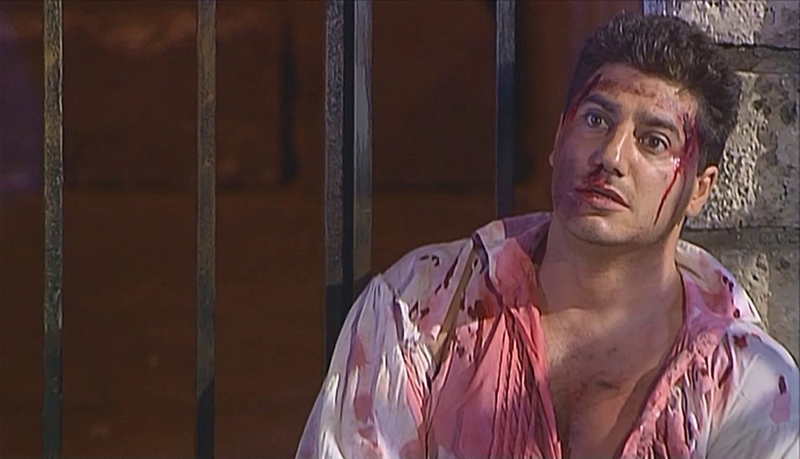
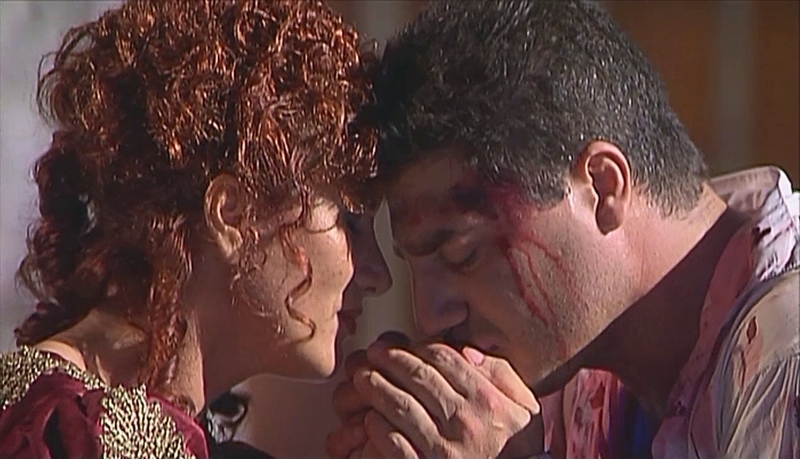




Last Updated: Sunday, February 05, 2023 © Copyright: Kira